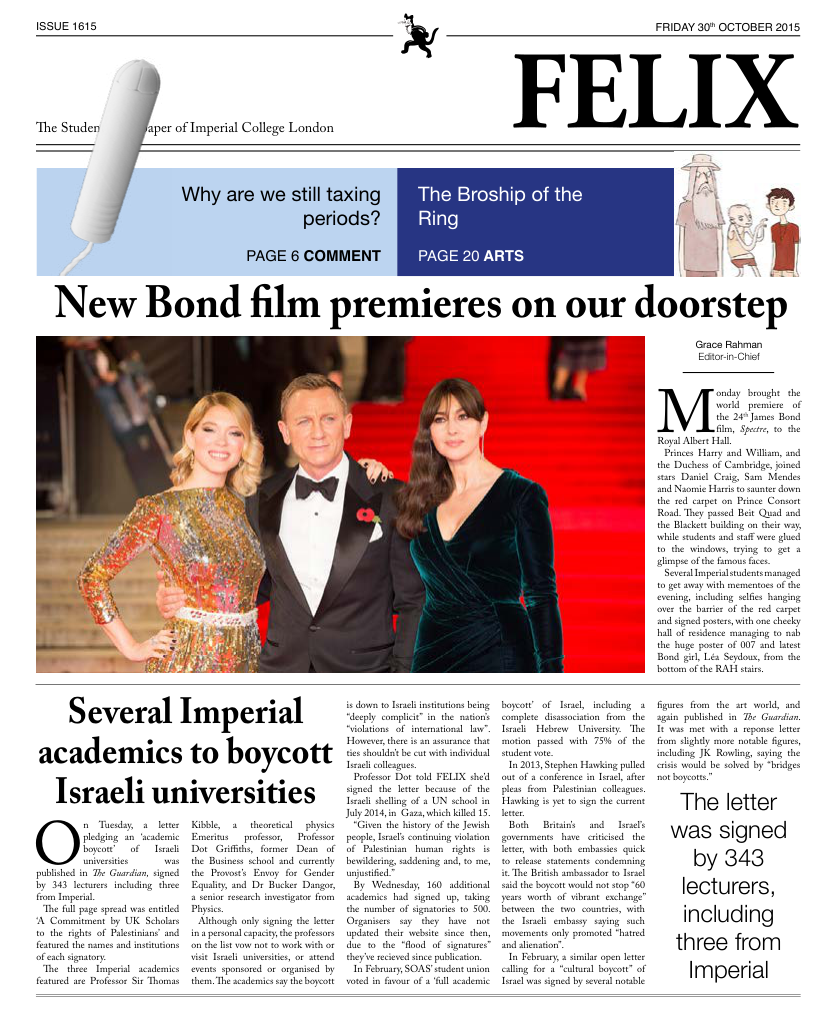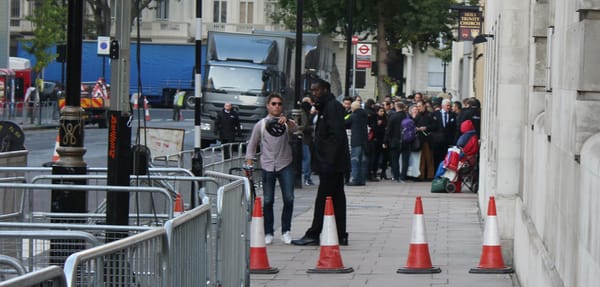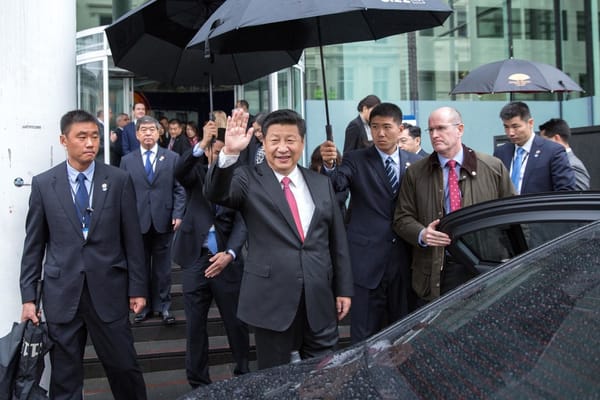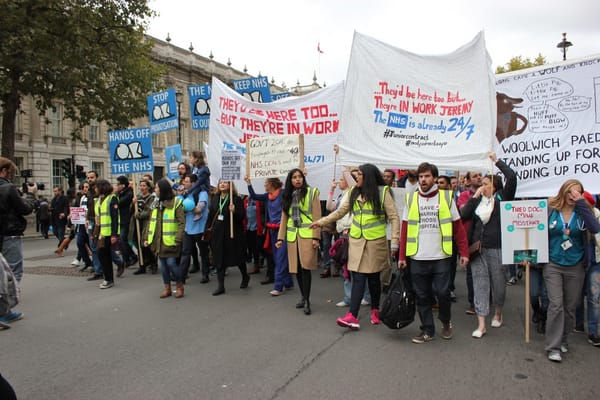UCAS to anonymise university applications
Graduate employers have also committed to anonymising candidates
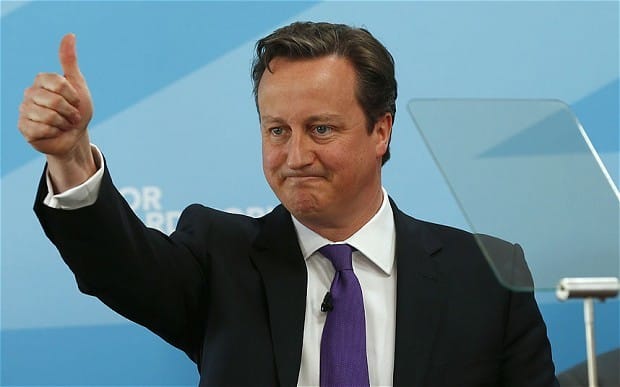
This week the government announced plans to remove candidate names from university applications in a move to prevent unconscious bias against ethnic minority candidates.
UCAS, the body which handles admissions for nearly all undergraduate courses in the UK, will now consult with institutions on how best to name-blind applications.
Mary Curnock Cook, the chief executive of UCAS, also promised to look into “a wider range of changes which could impact applications from black and ethnic minority students”.
The admissions body regularly carries out research on data from past admissions cycles to help identify issues of under-representation. Ms Curnock Cook stressed that “UCAS is deeply committed to increasing participation from disadvantaged groups”.
Announcing the move in an article for The Guardian, David Cameron expressed his hope “to end discrimination and finish the fight for real equality in our country today”.
The Prime Minister highlighted research showing that 55% of offers from leading universities are made to white candidates, while just 23% go to their black counterparts.
Noting that the reasons behind statistics such as these are complex, Mr Cameron stated that “unconscious bias is clearly a risk”.
Details of candidates’ educational backgrounds will still be included in UCAS forms, as this information is considered essential to assessing applications. Universities will be informed of candidate names should they choose to invite them to interview.
Meanwhile, leading graduate employers in the public and private sectors have also committed to anonymising candidates during the recruitment process.
Employers including the Civil Service, the NHS, Teach First, the BBC, HSBC, KPMG, Virgin Money and Deloitte will now name-blind application forms.
John Manzoni, the Civil Service Chief Executive, expressed his confidence “that this important step will help us build an organisation that is even more talented, diverse and effective than it is today”.
Financial services firm Deloitte was among a number of big recruiters to announce other changes to its selection process recently, removing information on candidates’ educational background from applications in an attempt to diversify the talent pool.
Chief Executive David Sproul said that the additional measure of name-blinding applications would help “ensure that job offers are made on the basis of potential, not ethnicity, gender or past personal circumstance”.
Representatives from leading graduate employers will now take part in discussions at Downing Street to set out plans for the changes. UCAS is expected to start removing candidate names from applications by 2017.


